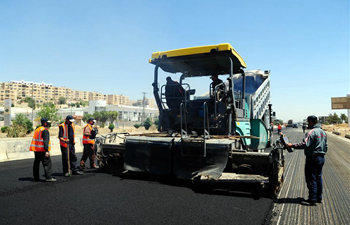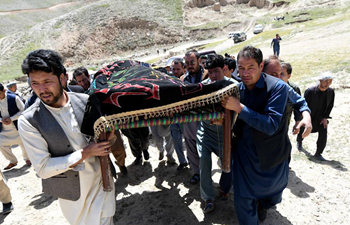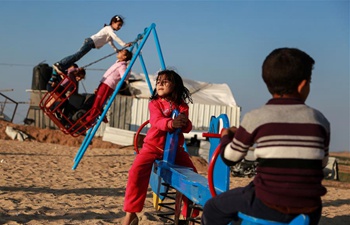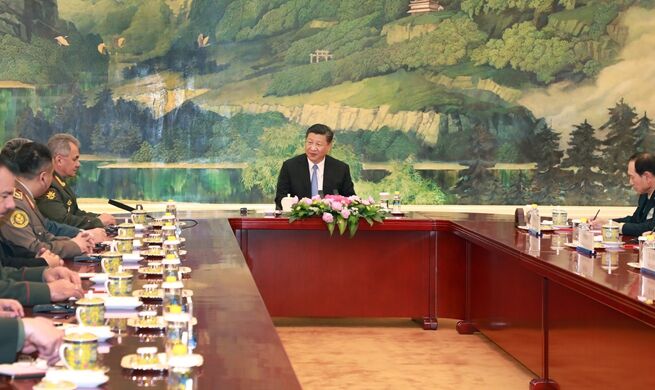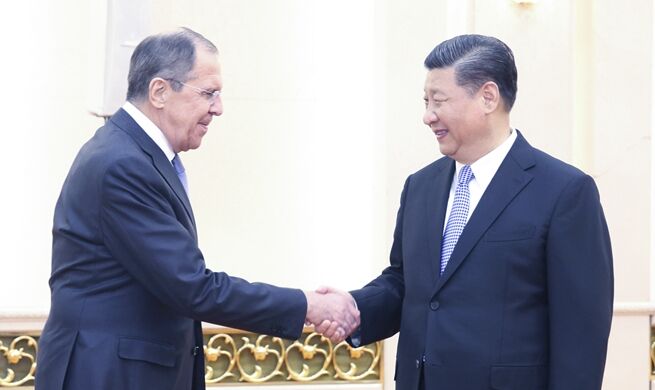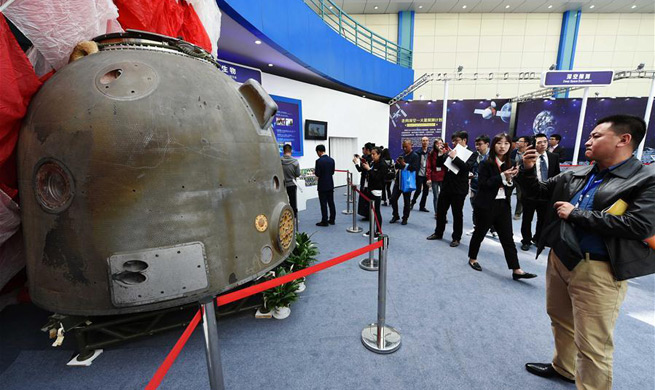UNITED NATIONS, April 24 (Xinhua) -- With people facing unending conflict in parts of the world, a new approach was needed now more than ever, UN General Assembly President Miroslav Lajcak said on Tuesday.
"The signs were already there: rising intolerance, hate speech, escalating rhetoric and disregard for the systems that we had spent 70 years building," Lajcak said at the ongoing High-Level Meeting on Peacebuilding and Sustaining Peace to assess efforts undertaken and opportunities to strengthen the UN's work.
The meeting is to run through Wednesday at the UN headquarters in New York.
Peace was at the core of the founding of the United Nations, with its Charter endeavoring to save generations from the scourge of another war, he said.
The United Nations adopted in 2016 the sustaining peace resolution, which committed to act earlier, faster and better to prevent the suffering that conflict brought, he added.
However, the challenge was to make that approach a reality, he said. The international community must assess its progress how it could do better going forward.
"Prevention needed to be prioritized, with more mediation and diplomacy at the local, regional and international levels," he said.
Prevention, emphasized by UN Secretary-General Antonio Guterres in his first address to the Council in January last year, is at the top of the agenda.
The high-level meeting, convened by Lajcak, comes two years after the concurrent resolutions of the UN General Assembly and Security Council that adopted a new approach called "sustaining peace," which is aimed at significantly bolstering the international effort to prevent the outbreak, escalation, continuation and recurrence of conflict.
"We need a drive for diplomacy and the United Nations must be the engine room," said Lajcak, adding that the world must not allow the incentives for violence to outweigh those for peace.
He called for more coherence across the United Nations three pillars as well as partnerships to sustain peace, stressing that the United Nations must listen to national, regional and subregional actors.
Civil society was another key ingredient to sustaining peace, while innovative partnerships were also needed with the private sector and financial institutions, he said.
More broadly, the international community was not investing enough in prevention, he said, noting that the UN Peacebuilding Fund was struggling to meet its 500-million-dollar target.
He urged member states to go beyond resolutions, statements and words and to recommit to a new approach to peace.





